Take-Two CEO believes games are a great value for money, not that they should be priced per hour
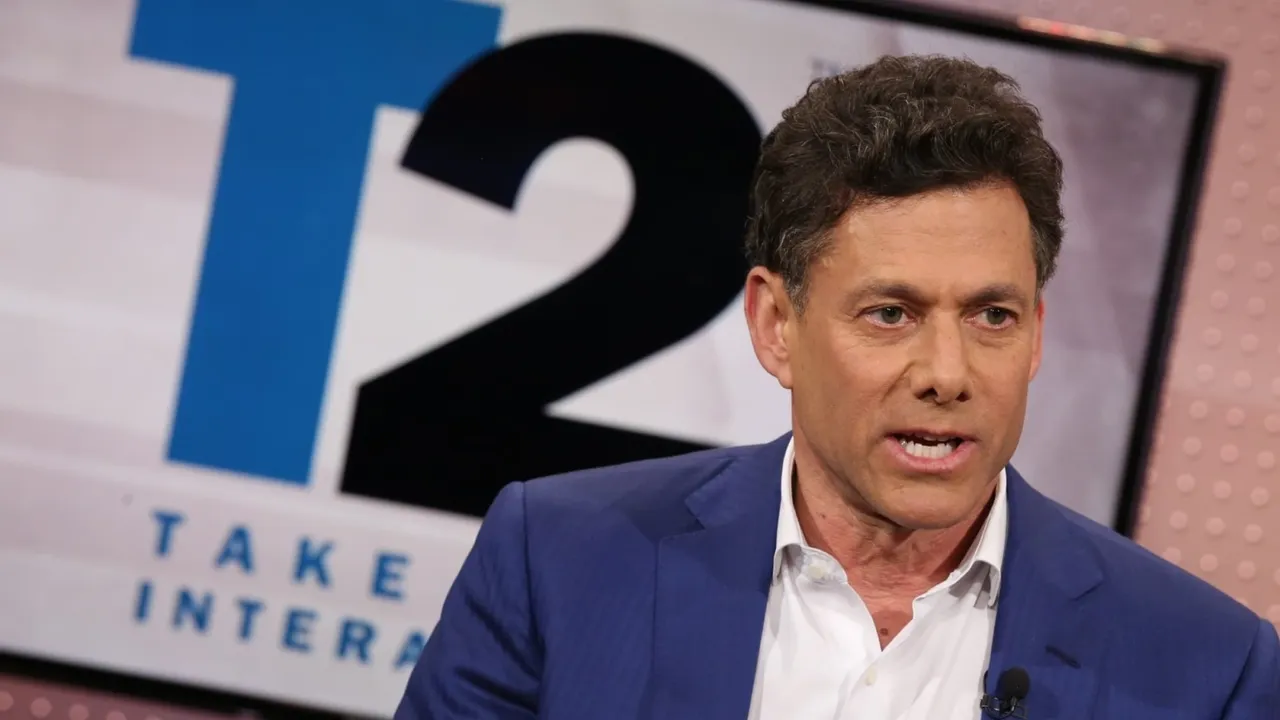
Following reports that Take-Two Interactive CEO Strauss Zelnick suggested that game prices be raised, the publisher has responded, stating that Zelnick was simply sharing his belief that the current pricing model represents excellent value for money.
The details:
Several news outlets reported last week on a recent earnings call at Take-Two, during which Zelnick was said to have claimed that games should be priced on a per-hour basis. "In terms of pricing for any entertainment property, basically the algorithm is the value of the expected entertainment usage, which is to say the per-hour value times the number of expected hours plus the terminal value that's perceived by the customer in ownership if the title is owned rather than rented or subscribed to," he said.
The quote appears to have been taken out of context, as Take-Two has now responded to the reports, denying that the CEO made any suggestion of the sort. According to the publisher, he was instead outlining the general pricing convention for entertainment and arguing that games provide "terrific price-to-value" when compared to other mediums. He also stated that the company's strategy is to "deliver much more value than what we charge consumers" and that it is still aiming to ”make sure the experience is first-class, and the nature of the experience is not just the quality of what we offer, it’s also what you pay for it”.
Zelnick's viewpoint on value is not exactly controversial, as 100 hours of a GTA title is undeniably better value for money than a few hours of Skull Island: Rise of Kong, and even if you were charged per hour, it would still be significantly cheaper than watching a new movie, for example. Still, Capcom's COO believes in raising the prices of new titles, and live service models continue to become increasingly popular, so who knows what will happen in the future?
Zelnick’s full quote via Take-Two:
“Yes, I mean you don’t want to generalize too much from what’s going on in linear entertainment because the increase in subscription pricing and linear entertainment is really a reflection of the fact that too many streaming services were underpricing to acquire customers and then they realize those customers were not durable and the LTVs were upside down. So, they were basically adjusting their pricing to make sure that the LTVs are potentially positive. And I think there’s still more pain to come for services, and I can wax eloquent if you want, although it has nothing to do with our business.
In terms of pricing for any entertainment property, basically the algorithm is the value of the expected entertainment usage, which is to say that the per-hour value times the number of expected hours, plus the terminal value that’s perceived by the customer in ownership if the title is owned or subscribed to. And, you’ll see that, that bears out in every kind of entertainment vehicle.
By that standard, our frontline prices are still very, very low because we offer many hours of engagement. The value of the engagement is very high. So, I think the industry, as a whole, offers a terrific price-to-value opportunity for consumers. That doesn’t necessarily mean that the industry has pricing power or wants to have pricing power. However, there is a great deal of value offered. And look, it’s our strategy here to deliver much more value than what we charge consumers. It’s always been our strategy here. We want to make sure the experience is first-class, and the nature of the experience is not just the quality of what we offer, it’s also what you pay for it, everyone knows that anecdotally. So, that’s how we look at it.”
 thatgamecompany
thatgamecompany
 PlayStation
PlayStation
 Voldex Games
Voldex Games
 Naughty Dog
Naughty Dog
 Visual Concepts
Visual Concepts
 Player Research
Player Research
-
 Arc Raiders and The Finals hit by extensive coordinated DDoS attacks, Embark says
Arc Raiders and The Finals hit by extensive coordinated DDoS attacks, Embark says -
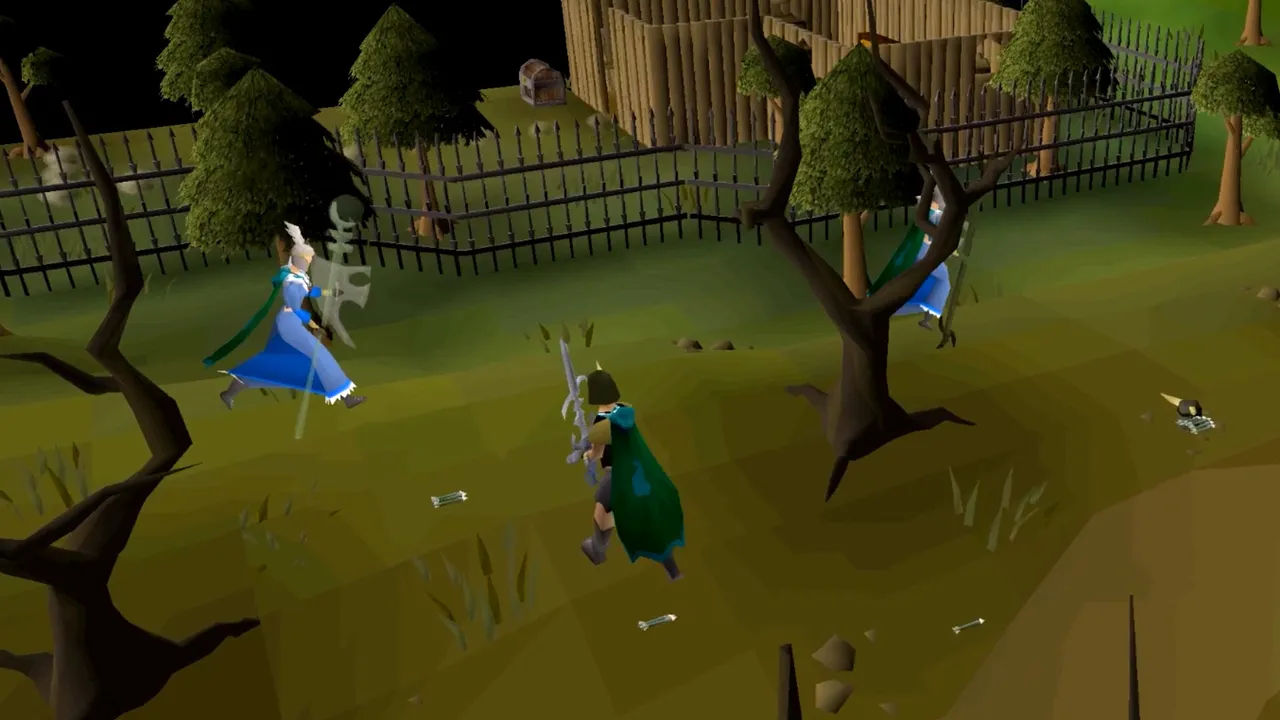 RuneScape gold is real property and can be stolen, UK judge rules
RuneScape gold is real property and can be stolen, UK judge rules -
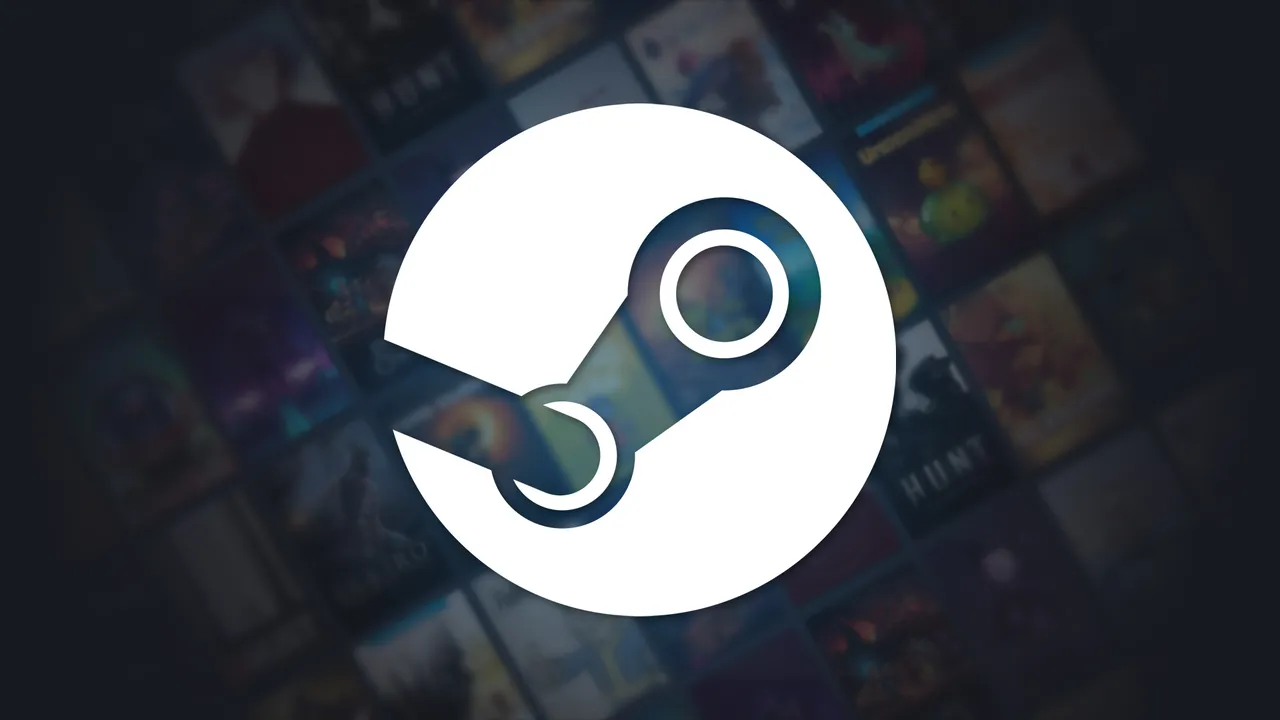 Valve faces $900 million lawsuit over anti-competitive Steam practices following UK tribunal ruling
Valve faces $900 million lawsuit over anti-competitive Steam practices following UK tribunal ruling -
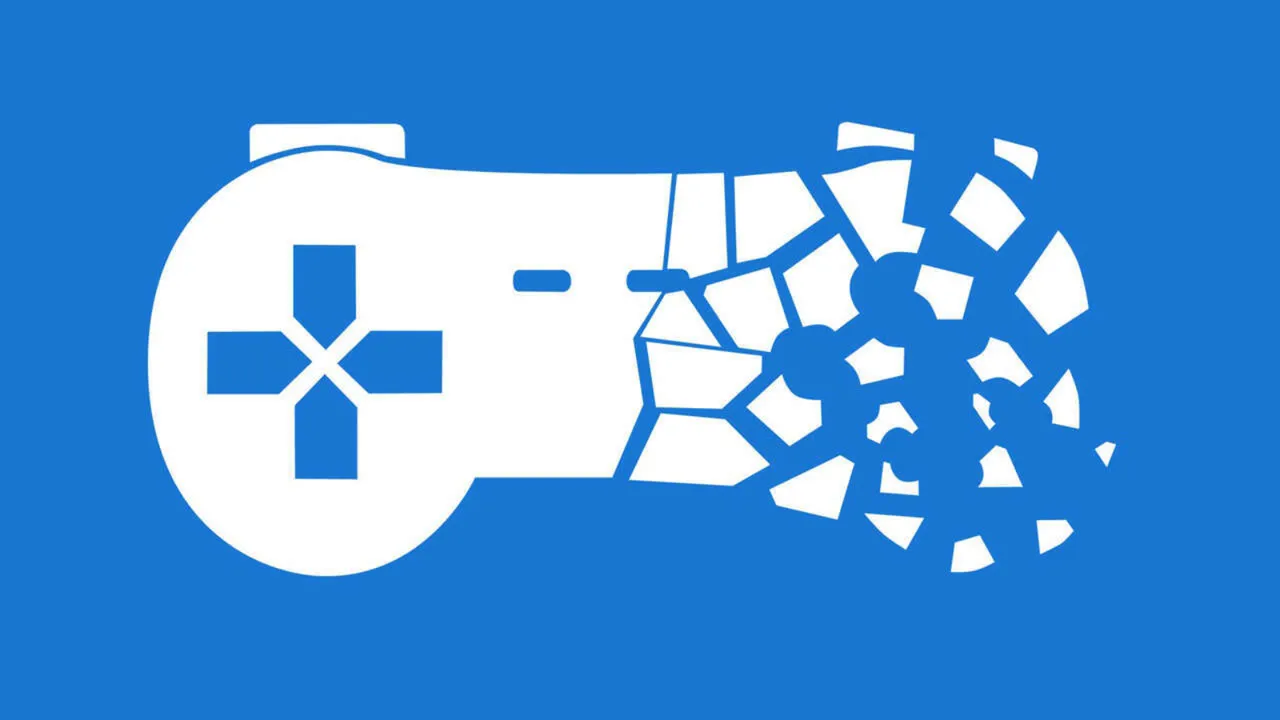 Stop Killing Games confirms 1.3 million verified signatures, EU Commission submission coming next month
Stop Killing Games confirms 1.3 million verified signatures, EU Commission submission coming next month -
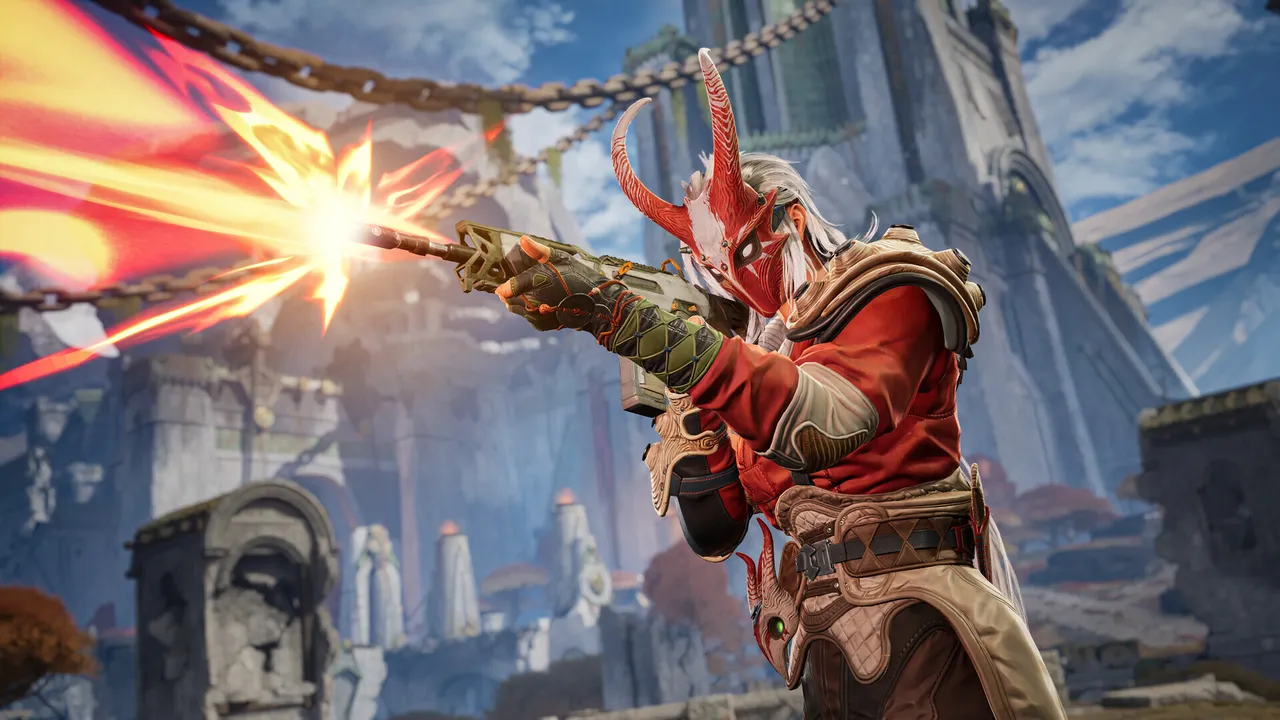 Highguard launches to nearly 100k concurrent players despite mostly negative reviews
Highguard launches to nearly 100k concurrent players despite mostly negative reviews -
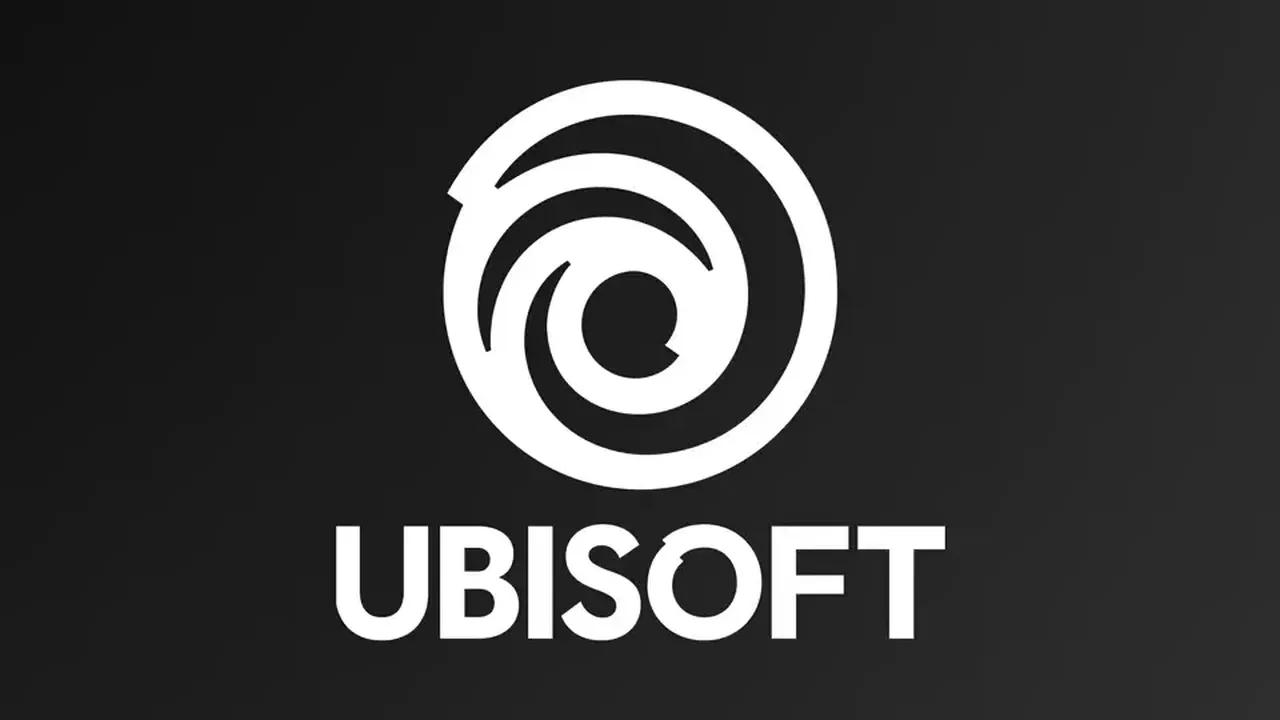 Ubisoft proposes cutting up to 200 jobs at its Paris headquarters as part of "major reset" plan
Ubisoft proposes cutting up to 200 jobs at its Paris headquarters as part of "major reset" plan -
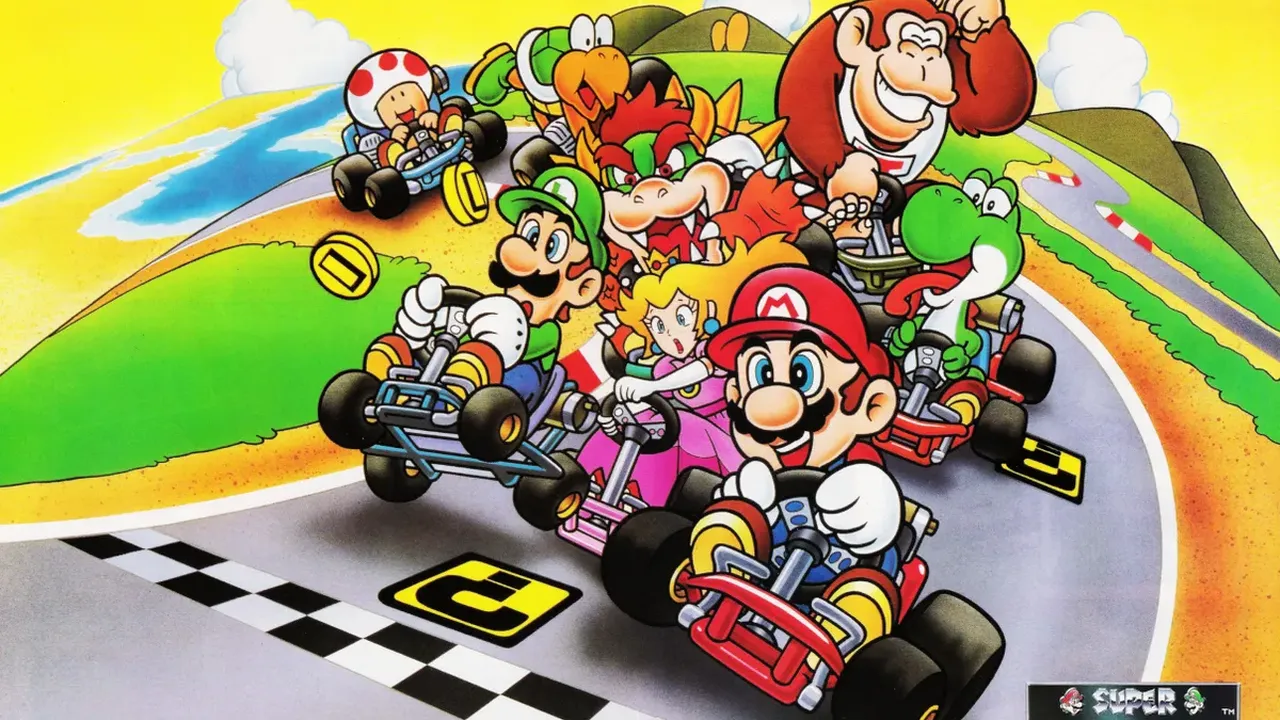 Mario Kart producer Hideki Konno reportedly retires from Nintendo after almost 40 years
Mario Kart producer Hideki Konno reportedly retires from Nintendo after almost 40 years -
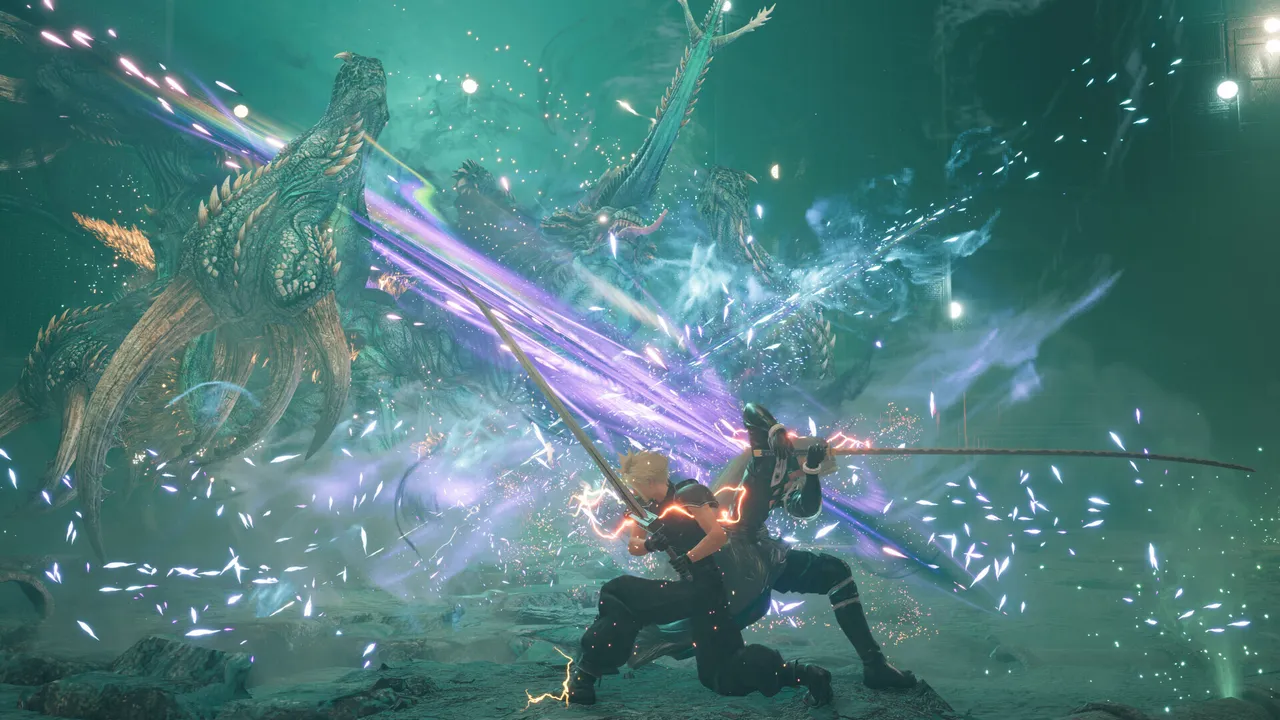 Final Fantasy 7 Remake Part 3 will stick with Unreal Engine 4, game title now "locked"
Final Fantasy 7 Remake Part 3 will stick with Unreal Engine 4, game title now "locked" -
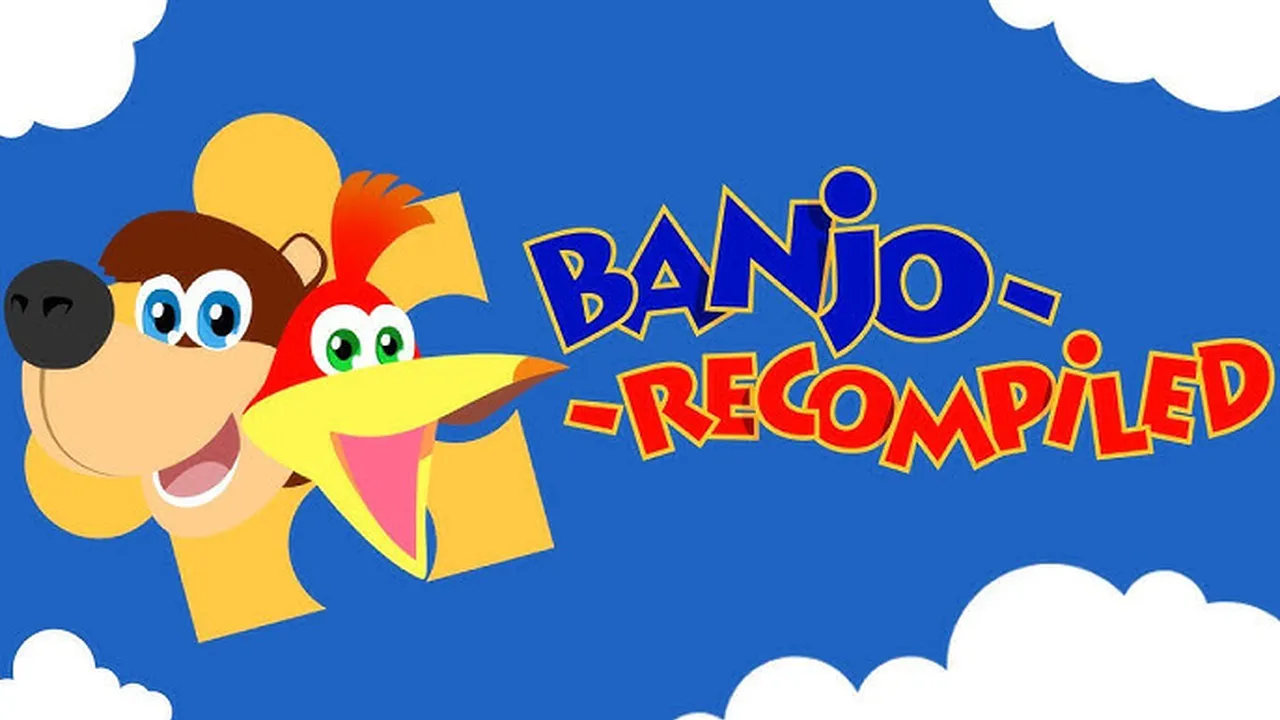 Banjo-Kazooie gets fan-made native PC port with 4K/120fps and ultrawide support
Banjo-Kazooie gets fan-made native PC port with 4K/120fps and ultrawide support -
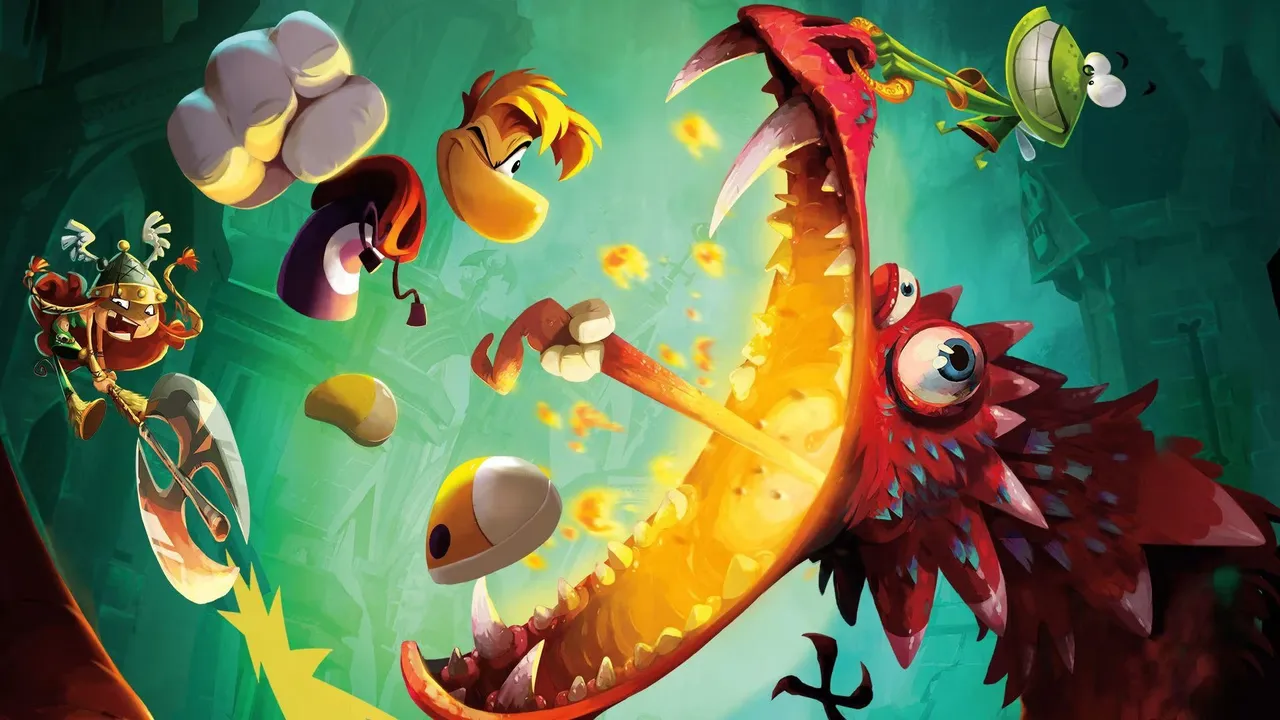 Rayman 30th Anniversary Edition rated in Australia, coming to Nintendo Switch and PS5
Rayman 30th Anniversary Edition rated in Australia, coming to Nintendo Switch and PS5 -
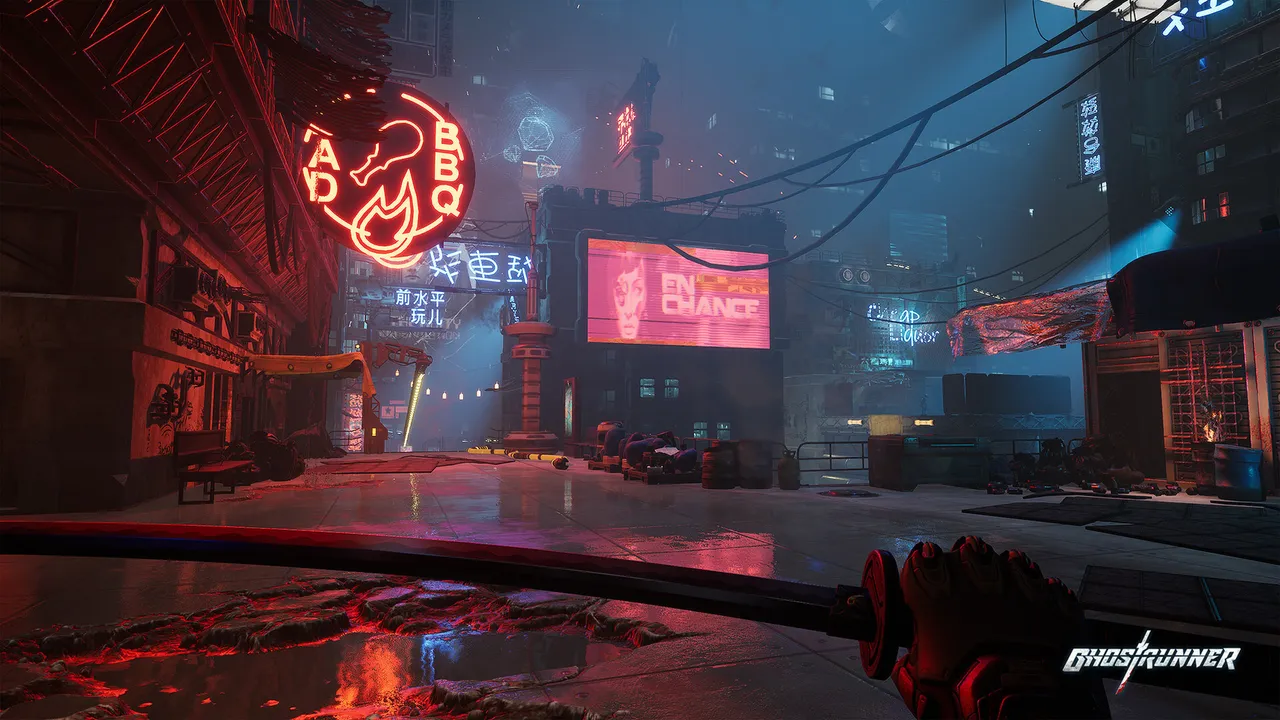 Cyberpunk 2077 VR modder removes all mods from Patreon after receiving second DMCA strike
Cyberpunk 2077 VR modder removes all mods from Patreon after receiving second DMCA strike -
 Nintendo announces Super Mario Galaxy Movie Direct for January 25
Nintendo announces Super Mario Galaxy Movie Direct for January 25